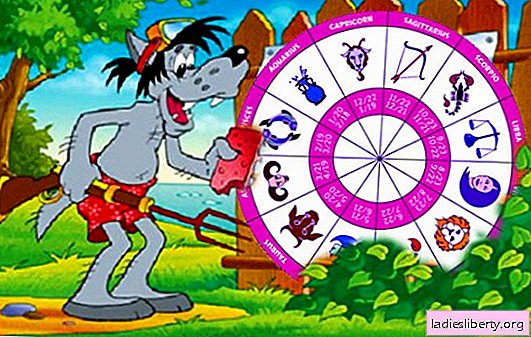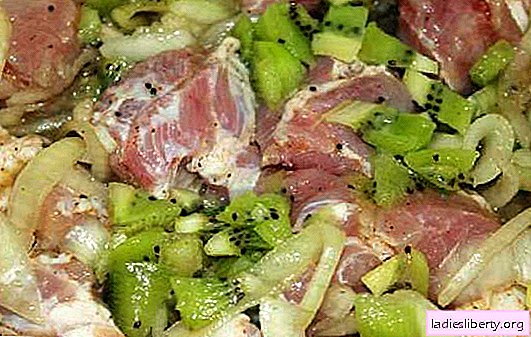
Raising children with the “whip method” increases the risk of several serious diseases at once in their older age - heart failure, asthma and cancer. This announcement was made at a conference held in England by researchers at the University of Psychology from Plymouth, Devon, citing the results of their new research work.
According to experts, a child who in the early years of his life was subjected to frequent cries and even, at first glance, insignificant physical assault by his parents, in comparison with other children, has a much greater chance of developing cancer, as well as heart and lung diseases.
In support of their findings, the experts presented a report with reports on the study they conducted in Saudi Arabia. For the experiment, which lasted a little more than two years, the scientists involved a total of about 700 people - 250 of them were completely healthy, 150 suffered from cancer, the other 150 from asthma, and the remaining participants had heart problems. Each person individually had to fill out a special questionnaire, indicating how often certain penalties were applied to him in childhood.
After analyzing all the data collected, the researchers found that participants with asthma were 1.6 times more likely to experience parental rigidity than those who did not have any health problems. A similar indicator in people with cancer was 1.7 times, and in those who had heart failure 1.3 times.
As for the causes of the risk associated with harsh methods of education, here, as the experts said, stress is primarily involved, under the influence of which the child’s body experiences strong changes, including the destruction of certain cells in it. Moreover, the usual increase in voice can often cause the child the same harm as corporal punishment - the magnitude of this damage depends mainly on the psychological characteristics of the children.











